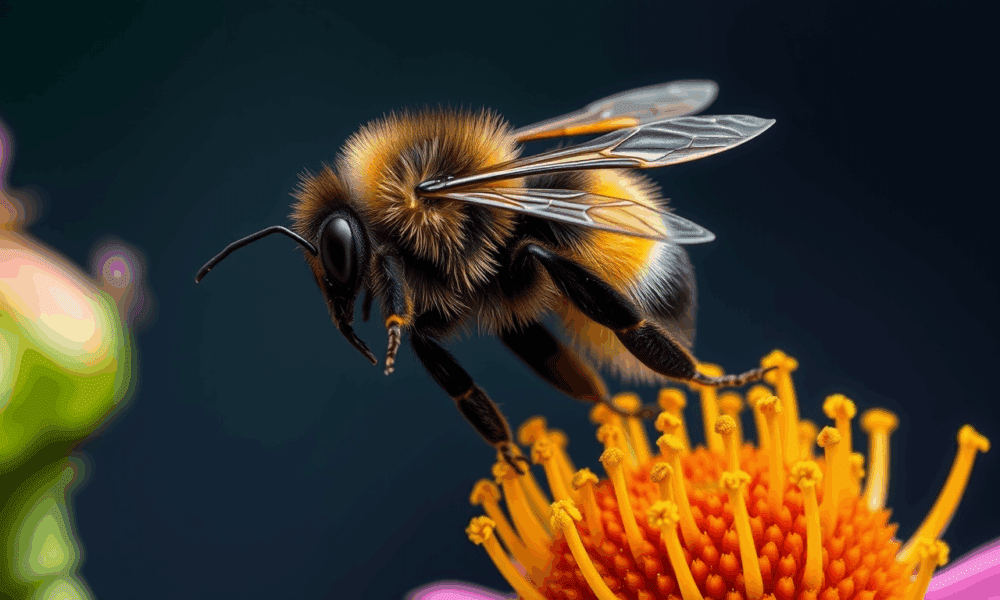
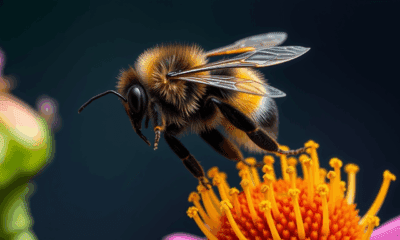

High heat and heavy metals dampen a bumblebee’s trademark buzz, threatening pollen release and colony chatter. Tiny sensors captured up-to-400-hertz tremors that falter under environmental stress,...
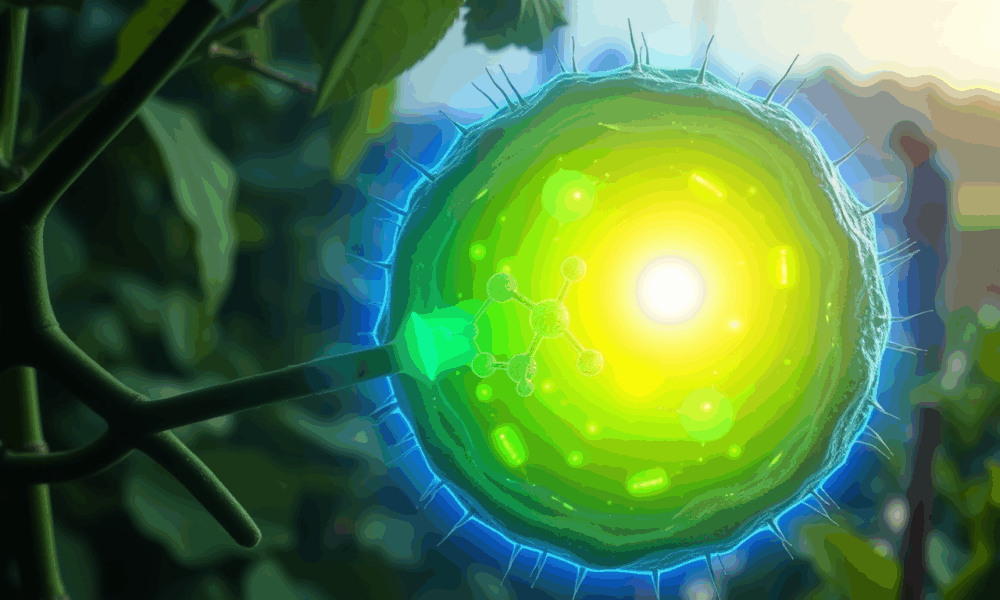
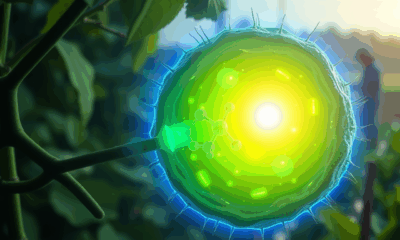

Scientists at MIT have turbocharged one of nature’s most sluggish but essential enzymes—rubisco—by applying a cutting-edge evolution technique in living cells. Normally prone to wasteful reactions...
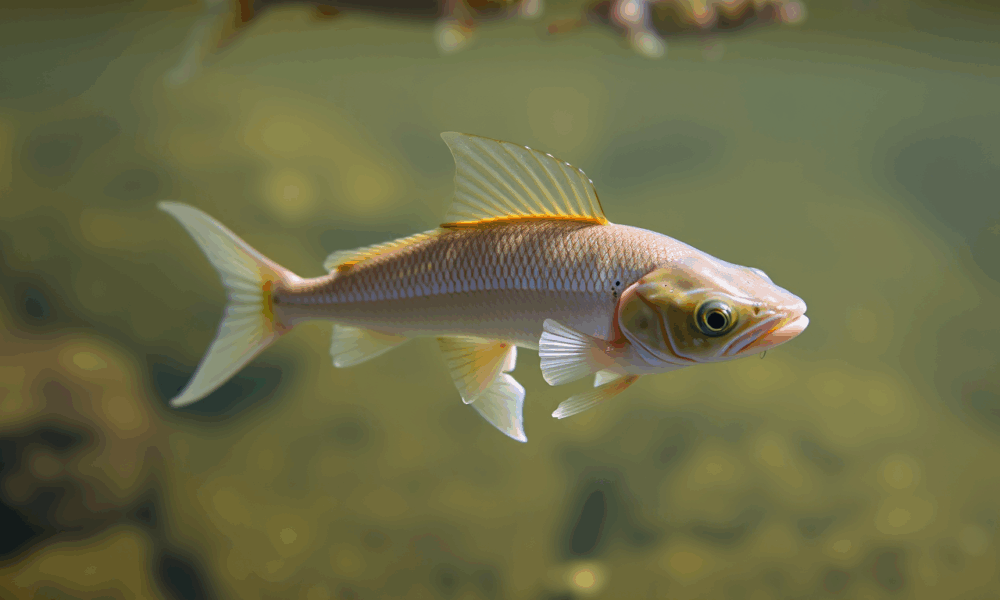
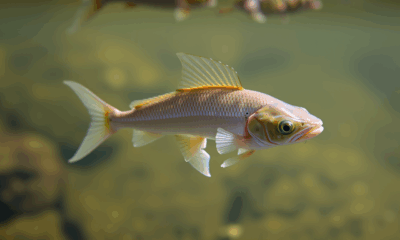

Hovering fish aren’t loafing—they burn twice resting energy to make micro-fin tweaks that counteract a natural tendency to tip, and body shape dictates just how costly...
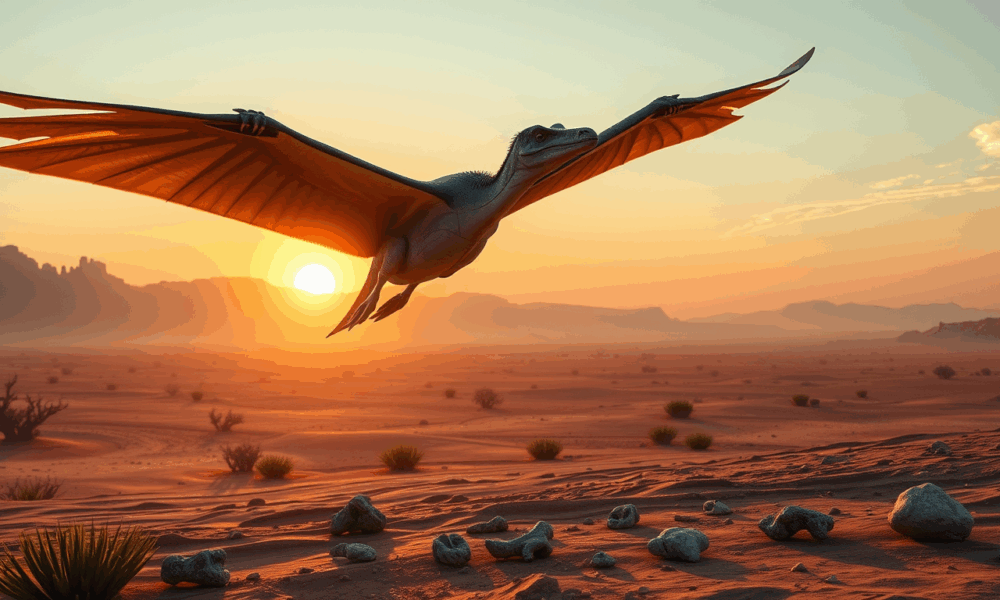
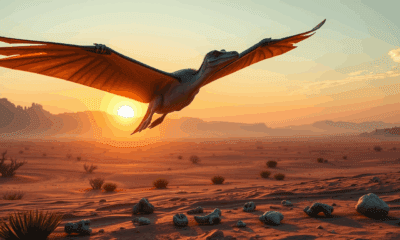

In the remote reaches of Arizona s Petrified Forest National Park, scientists have unearthed North America's oldest known pterosaur a small, gull-sized flier that once soared...
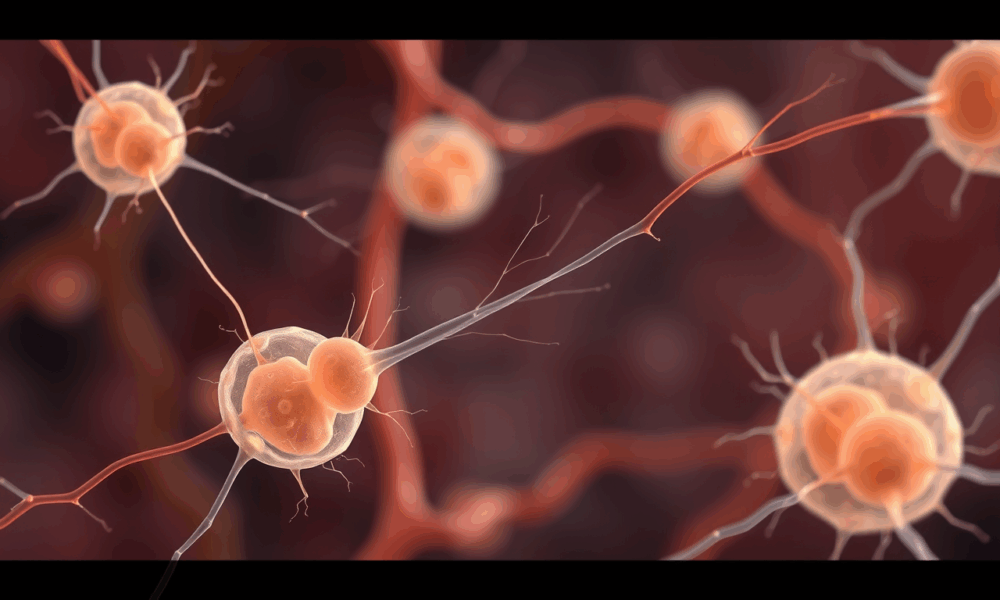
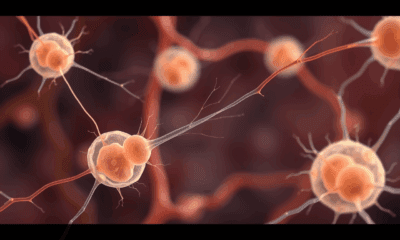

Scientists found that embryonic skin cells “whisper” through faint mechanical tugs, using the same force-sensing proteins that make our ears ultrasensitive. By syncing these micro-movements, the...
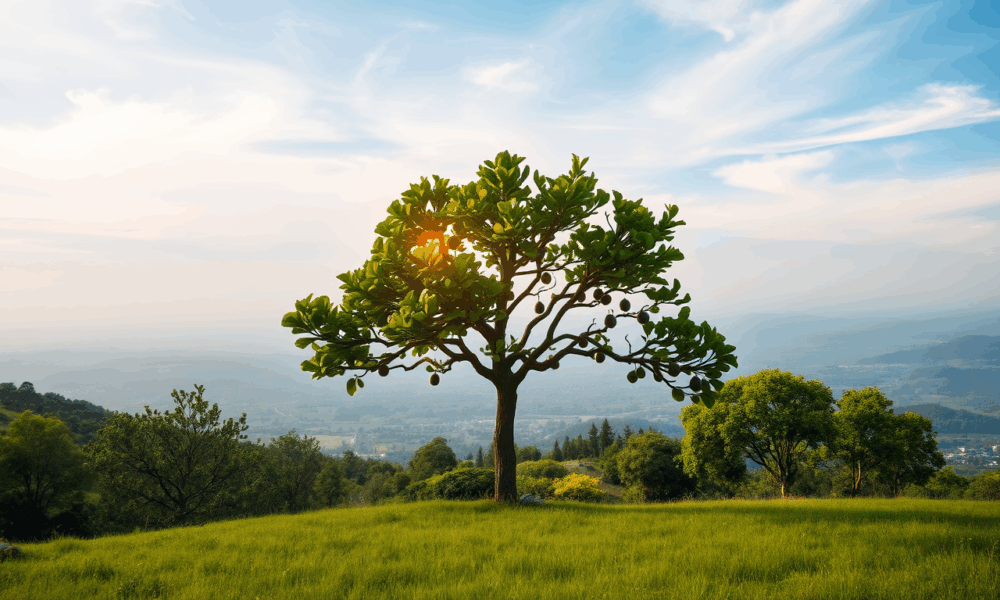
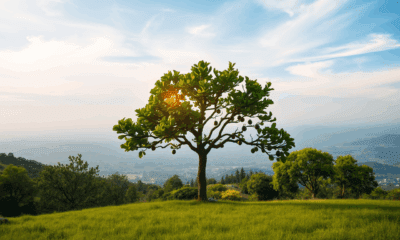

Kenyan fig trees can literally turn parts of themselves to stone, using microbes to convert internal crystals into limestone-like deposits that lock away carbon, sweeten surrounding...
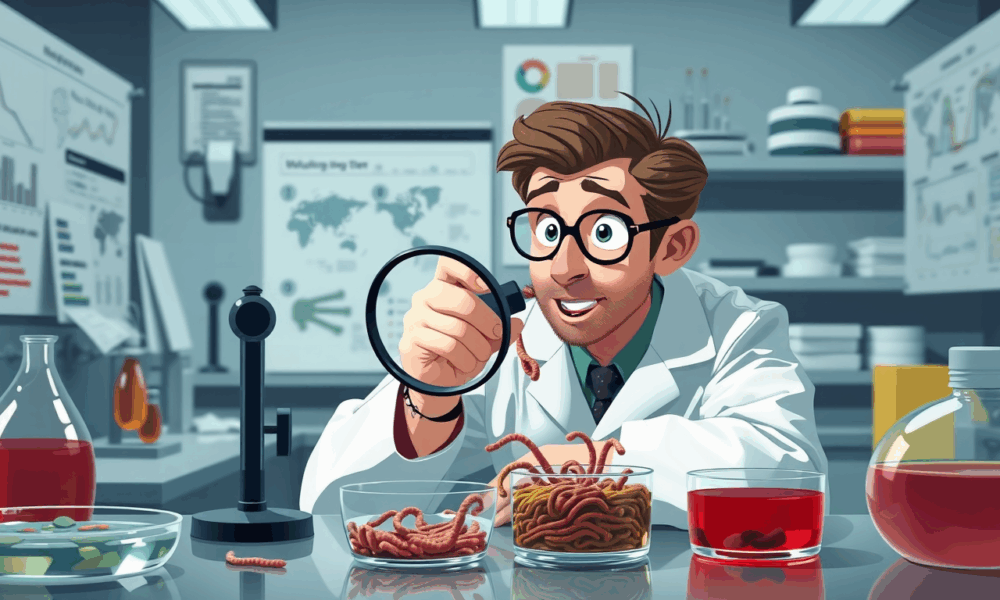
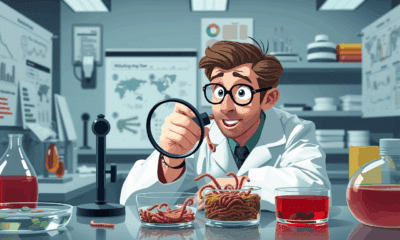

Scientists have discovered that starving and then refeeding worms can reveal surprising secrets about aging. When a specific gene (called TFEB) is missing, these worms don’t...



When Siberian volcanoes kicked off the Great Dying, the real climate villain turned out to be the rainforests themselves: once they collapsed, Earth’s biggest carbon sponge...
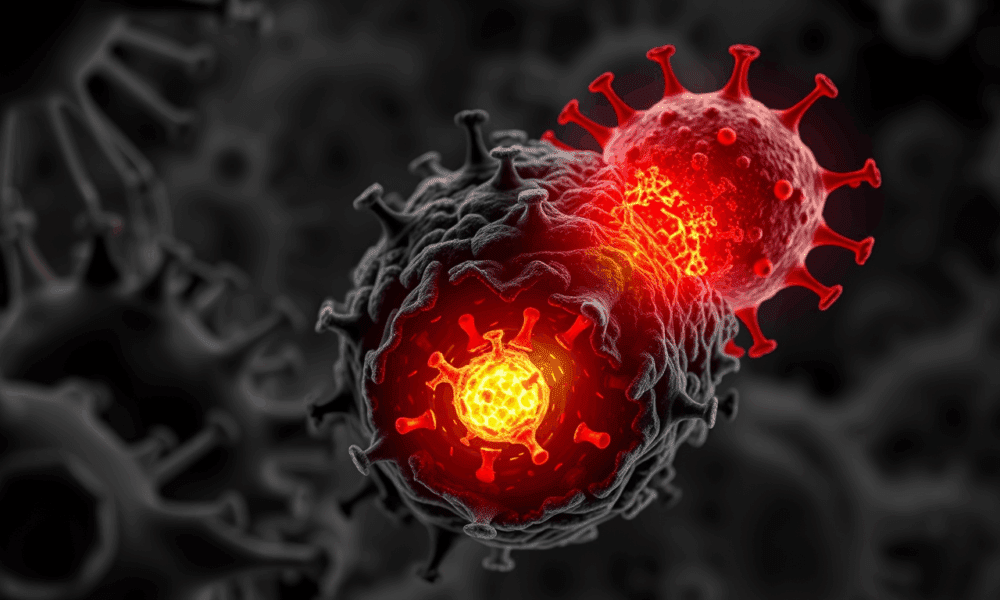
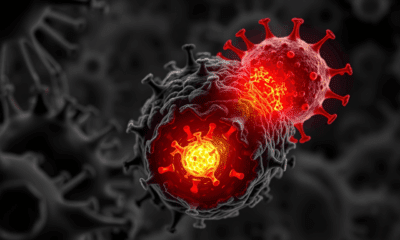

Scientists at UC Davis discovered a small genetic difference that could explain why humans are more prone to certain cancers than our primate cousins. The change...

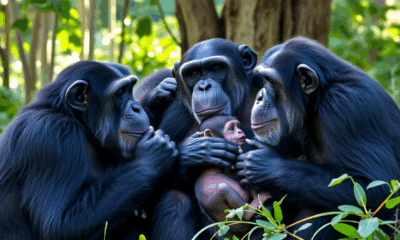

Female chimpanzees that forge strong, grooming-rich friendships with other females dramatically boost their infants’ odds of making it past the perilous first year—no kin required. Three...